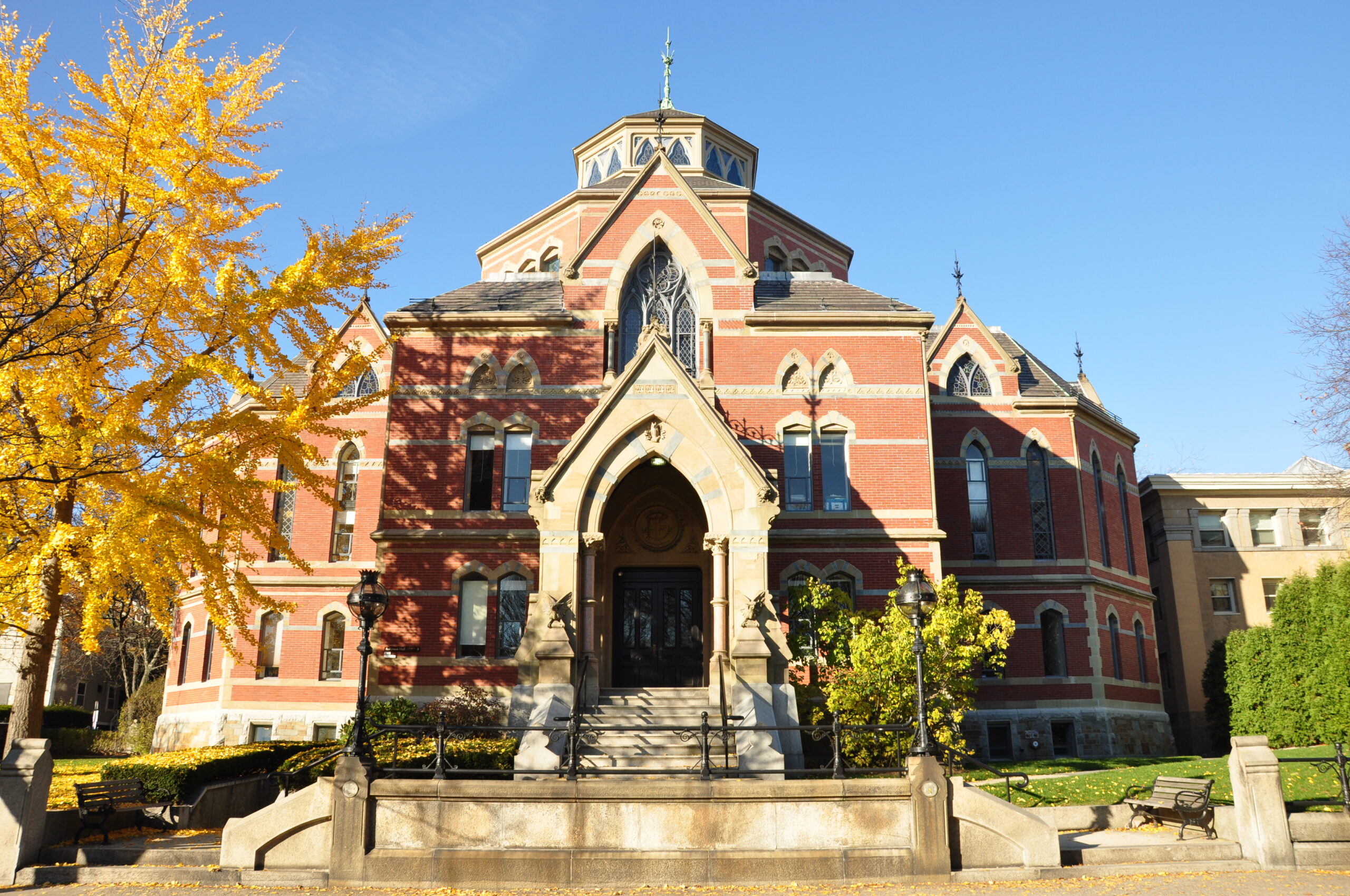The onset of the COVID-19 pandemic undeniably catalyzed an era of re-evaluation across myriad sectors, not least of which is the educational landscape. As universities grappled with unprecedented challenges, the teachings of the Bahá’í Faith can serve as an invaluable compass, illuminating a path toward resilience, unity, and a profound shift in perspective. This article examines the application of Bahá’í teachings in a university setting, emphasizing how they can transform an institution’s response to crises like the first wave of COVID-19.
At the heart of Bahá’í teachings lies the concept of oneness—of humanity, of purpose, and of the world. This principle can inspire universities to foster a sense of communal responsibility, as professors, students, and administrative staff are brought together in shared objectives. The first wave of COVID-19 illuminated the fragility of societal constructs. Universities, traditionally perceived as isolated bastions of knowledge, were called to reconsider their roles as socially responsive entities. This reevaluation could push institutions to collaborate more extensively with local communities to address the immediate and long-term repercussions of the pandemic.
Furthermore, Bahá’í principles emphasize the importance of consultation. In times of crisis, it is imperative that all voices—students, faculty, and external stakeholders—are heard. Effective dialogue can lead to innovative solutions, especially when navigating the complexities of remote learning and hybrid models introduced due to social distancing measures. By adopting a consultative approach, universities not only enhance problem-solving efficacy but also cultivate an environment where individuals feel valued and integral to the decision-making process.
Moreover, the Bahá’í teachings advocate for the pursuit of knowledge in service to humanity. This ethos encourages universities to leverage their research capabilities to address societal challenges exacerbated by the pandemic. Institutions can initiate interdisciplinary projects focusing on public health, mental well-being, and socioeconomic disparities that have emerged during these trying times. Such initiatives not only fulfill academic missions but also reinforce the university’s commitment to the betterment of society—an essential aim of higher education.
As the pandemic laid bare structural inequalities, the Bahá’í concept of justice becomes increasingly relevant. Educational institutions must confront disparities in access to resources and opportunities that have been magnified by COVID-19. By promoting equitable practices—through scholarships, outreach programs, and flexible learning options—universities can champion a more inclusive academic environment. This commitment to equity not only aligns with Bahá’í values but also prepares students to engage thoughtfully with a world that demands an equitable rebuilding process.
In addition to equity, the Bahá’í teachings place immense value on the development of moral and spiritual capacities. During the first wave of the pandemic, students and faculty faced profound emotional challenges, ranging from anxiety about health to uncertainty about the future. Universities can draw upon these teachings to incorporate character education within their curricula, aiming not just for academic success but also for the holistic development of individuals. This could manifest in programs designed to enhance emotional intelligence, resilience, and ethical reasoning, preparing students to navigate challenges in ways that uphold their dignity and that of others.
Another pivotal lesson from the Bahá’í Faith is the emphasis on flexibility and adaptability. The rapid pivot to online learning elucidated the necessity for educational institutions to foster agile systems that can respond to sudden disruptions. By adopting innovative teaching methodologies—whether through blended learning frameworks or experiential opportunities—universities can cultivate a culture of adaptability that is integral for future preparedness. This shift necessitates training faculty not only in technical skills but also in pedagogical approaches that accommodate diverse learning styles and environments.
Moreover, the concept of service—a cornerstone of the Bahá’í teachings—should undergird a university’s outreach efforts during and after the pandemic. As students face unprecedented challenges, institutions have the opportunity to cultivate a service-oriented mindset within their student bodies. Initiatives could include volunteer programs that connect students with local initiatives addressing food insecurity, mental health, and educational disruption. Such experiences will not only benefit communities but will also provide students with profound insights into the interconnected nature of human experience.
As we contemplate the lessons learned from the first wave of COVID-19, one must also consider the inherent potential for transformation. A university that embraces the teachings of the Bahá’í Faith can embolden its community to envision a future that transcends the limitations imposed by crises. The integration of compassion, understanding, and collaboration can redefine the very essence of the institution, positioning it as a beacon of hope and innovation in a rapidly evolving world.
Finally, Bahá’í teachings underscore the importance of a forward-looking perspective—one that not only addresses present needs but anticipates future challenges. Engaging in strategic foresight, universities can prepare themselves for the myriad possibilities that lie ahead. By instilling a sense of purpose aligned with service to humanity, educational institutions can cultivate generations of students who will seek to create meaning and value in an uncertain world.
In conclusion, the teachings of the Bahá’í Faith offer profound insights for universities navigating the complexities of a post-pandemic world. By adopting principles centered on unity, equity, service, and adaptability, educational institutions can not only emerge stronger from the adversities of COVID-19 but can also contribute meaningfully to a collective future characterized by understanding, resilience, and the oneness of humanity.
